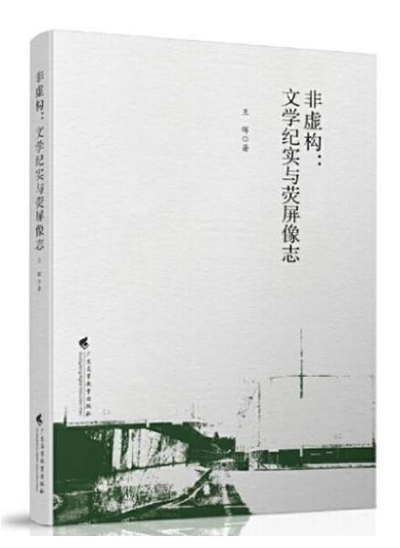Portraying literary landscape of non-fiction

Non-Fiction: Documentary Literature and Screen Iconography
Anyone who witnessed the early days of the reform and opening up will always remember the sensational impact of Xu Chi’s 1978 reportage Goldbach’s Conjecture. Xu captivated readers with his poetic and appealing rhetoric, effectively stimulating society’s enthusiasm for science at the onset of the reform and opening up period. This work ignited the revival of reportage writing, ushering in a golden age for the genre.
Non-Fiction: Documentary Literature and Screen Iconography, by Wang Hui, a professor from the School of Chinese Language and Literature at Nanjing Normal University, is an encyclopedic collection of non-fiction studies. It spans nearly the entire spectrum of non-fiction creations, covering the origins of non-fiction in the early 20th century, the prosperity of reportage at the beginning of the reform and opening up, to the subsequent cross-genre integration of non-fiction.
Wang also extends his research focus to the United States, the Soviet Union, Germany, and Japan. In particular, his thorough investigation into American non-fiction provides convincing and insightful explanations by examining historical contexts, popular psychology, and value orientations in comparison to Chinese non-fiction. In addition, the author transcends conventional stylistic thresholds by including all literary forms of non-fiction, including reportage, documentary literature, and film and television adaptations.
The author examines his research objects within the broader social context and the framework of literary history. When discussing the vicissitude of Chinese reportage since the 1980s, he bonds this literary trend with the social structures, values, lifestyles, and public desires of China at that time, enabling readers to feel a strong sense of presence.
After exploring the mutual influence and multiple transformations of reportage and other genres, as well as the interconnections of their respective value principles, the author argues that since the 1980s, the rise and prosperity of Chinese contemporary literature and art, including movies, TV series, feature programs, and new realist fiction rooted in realism, have all resulted from “absorbing the spiritual essence of non-fiction literature.”
As a serious academic work, the book avoids unreserved praise of the research objects. While affirming the achievements made in non-fiction creations, Wang also reveals their shortcomings and limitations with the objective and fair perspective of a historian, such as mild criticism, weakening artistry, insufficient stylistic consciousness, and a tendency toward commercialization. In analyzing specific cases in literature and film, the author further identifies issues like the proliferation of stereotypes like “bosses helping workers” in migrant workers documentaries and the homogenous reproduction of “nostalgia narratives.”
Huang Xianwen is a professor from the School of Arts at Wuhan University.
Edited by YANG LANLAN

 PRINT
PRINT CLOSE
CLOSE